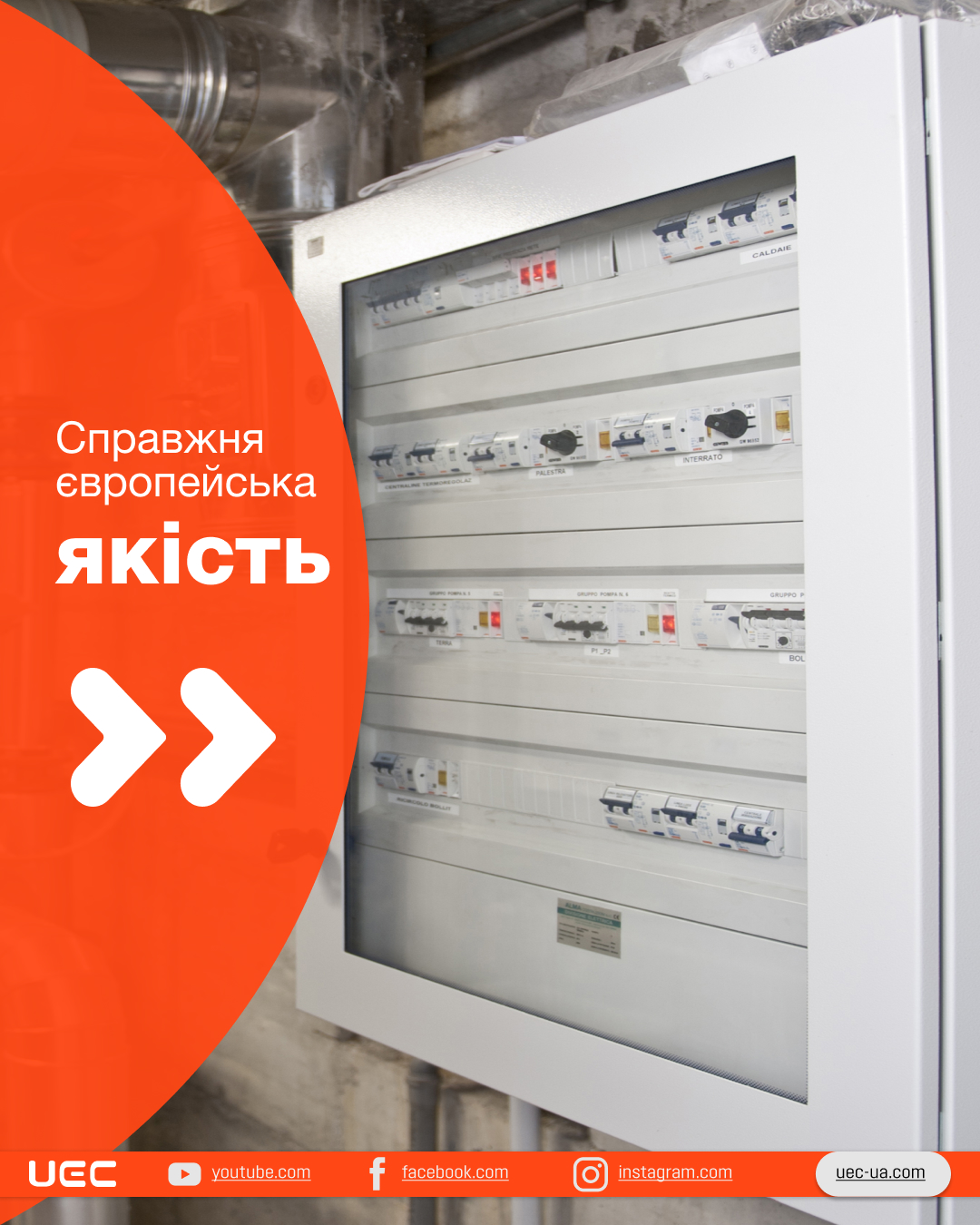Circuit breakers are the foundation of safety for any electrical system. They protect equipment, wiring, and people from short circuits, overloads, and other emergencies. Choosing a quality device directly affects the stability of the power supply. Among numerous brands, Gewiss circuit breakers stand out for their reliability, ease of installation, and compliance with modern technical standards.
What Is a Circuit Breaker?
A circuit breaker is a device that automatically interrupts the electrical circuit when critical loads occur, such as a short circuit or overload. Its main task is to prevent equipment damage or fire due to overheated wiring.
Common applications:
-
Residential panels
-
Offices and commercial buildings
-
Industrial facilities
-
Infrastructure projects
These devices are a mandatory component of electrical safety in modern networks.
Which Circuit Breakers Are Best?
When choosing a breaker, pay attention to several key parameters:
Rated Current
Select the rated current according to the cable cross-section and expected load. For example, for a 9 A current, a 10 A breaker is suitable. Typical ratings:
-
25–32 A for main inputs
-
16–20 A for sockets
-
6–10 A for lighting
Incorrect ratings may reduce protection effectiveness or cause false tripping.
Trip Curve Type
-
Type B: Minimal delay and low trip threshold — ideal for lighting and home appliances.
-
Type C: Universal choice for homes, apartments, and offices.
-
Type D: Withstands high inrush currents — suitable for industrial equipment (motors, pumps, air conditioners).
Breaking Capacity
Indicates the maximum short-circuit current the breaker can handle. The higher it is, the more reliable the device: premium models use silver-alloy contact tips.
-
Residential: 4.5–6 kA
-
Industrial: 10 kA and above
Number of Poles
Depends on the network type:
-
Single-phase: 1 (L) or 2 (L+N) poles
-
Three-phase: 3 (3L) or 4 (3L+N) poles
Two- and four-pole breakers occupy more space but provide higher safety by disconnecting both phase and neutral.
Trip Mechanism Type
-
Thermal: Responds to overload. A bimetallic strip heats up and bends, breaking the circuit.
-
Magnetic: Protects against short circuits. A solenoid creates a magnetic field that triggers instantly.
-
Thermomagnetic: Combines both thermal and magnetic protections.
-
Electronic: Adjustable and precise, uses a microprocessor to detect surges and short circuits.
Why Choose Gewiss Circuit Breakers?
Gewiss is a well-known European manufacturer of electrical equipment, ensuring high quality, accuracy, and durability. Gewiss breakers comply with IEC/EN 60898-1 standards and offer:
-
A robust, heat-resistant housing
-
Precise thermal and magnetic trip mechanisms
-
Clear labeling and easy installation
Gewiss Circuit Breakers: Product Line Overview
UEC’s catalog features a wide range of Gewiss circuit breakers:
1. MT Series
-
For household applications
-
Rated current: 6–63 A
-
Compact design
2. MTC Series
-
For commercial buildings and small industries
-
Improved breaking capacity
-
Protects against overloads and short circuits
3. MTX Series
-
For industrial setups
-
Extended operating temperature range
-
High mechanical and electrical endurance
How to Connect a Circuit Breaker
Circuit breaker installation must follow all safety and electrical regulations.
Basic steps for connecting a breaker:
-
De-energize the system.
-
Mount the breaker on a DIN rail.
-
Connect the input wire (phase) to the top terminal.
-
Connect the output wire (load) to the bottom terminal.
-
Tighten the screws securely and check wire fixation.
Important:
-
Only proceed after verifying the absence of voltage.
-
Do not exceed the terminal’s permissible wire cross-section.
-
Match the breaker’s rated current to the actual load.
If you lack experience, it’s safer to hire a qualified electrician.
Why Choose Gewiss?
Gewiss circuit breakers combine European quality, reliability, and easy installation. They are ideal for both residential and industrial use.
If you’re wondering which circuit breakers are best, Gewiss is a smart choice. UEC offers a wide selection of models with various specifications for any application. We recommend buying circuit breakers only from trusted sources and consulting with an electrician or our specialist when in doubt.
Choosing the right breaker means choosing safety.



